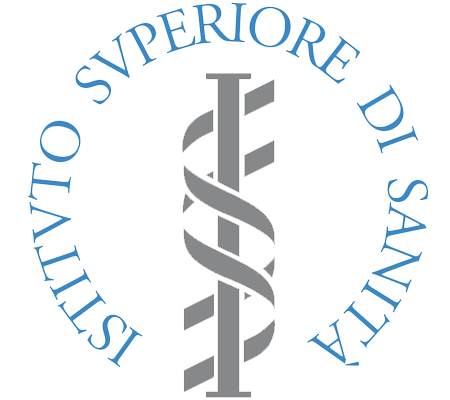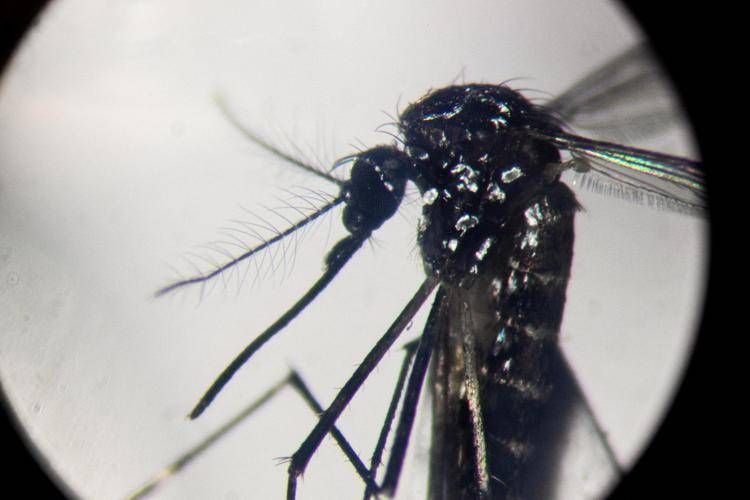Source: https://www.barrons.com/amp/news/ita...fever-e6dbdb2b
Italy Records Year's First Indigenous Case Of Dengue Fever
Italy has recorded the first indigenous case of dengue fever for 2024 in a patient who had not travelled abroad, Italian health authorities said Thursday.
AFP - Agence France Presse
September 12, 2024
Italy has recorded the first indigenous case of dengue fever for 2024 in a patient who had not travelled abroad, Italian health authorities said Thursday.
"The person who tested positive for dengue fever is in good clinical condition," announced the provincial health authority of Brescia, in Italy's north, in a statement...
Italy Records Year's First Indigenous Case Of Dengue Fever
Italy has recorded the first indigenous case of dengue fever for 2024 in a patient who had not travelled abroad, Italian health authorities said Thursday.
AFP - Agence France Presse
September 12, 2024
Italy has recorded the first indigenous case of dengue fever for 2024 in a patient who had not travelled abroad, Italian health authorities said Thursday.
"The person who tested positive for dengue fever is in good clinical condition," announced the provincial health authority of Brescia, in Italy's north, in a statement...




Comment